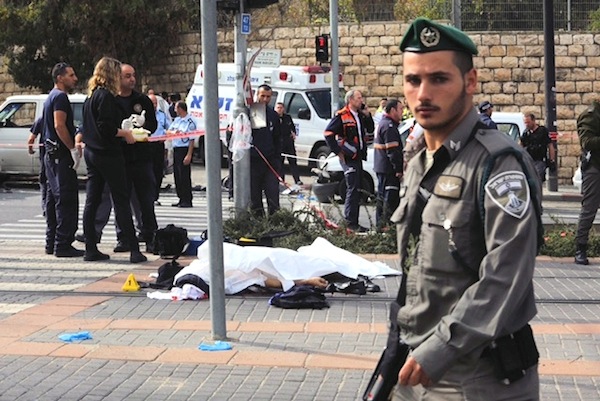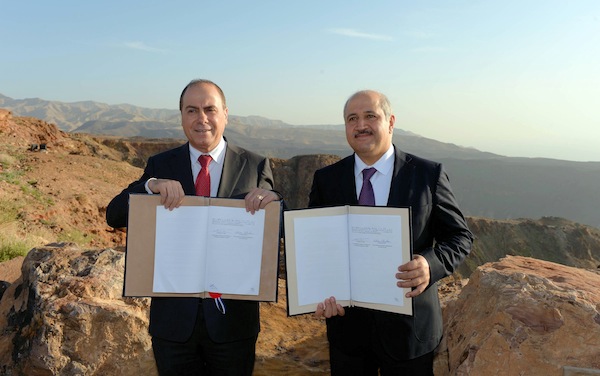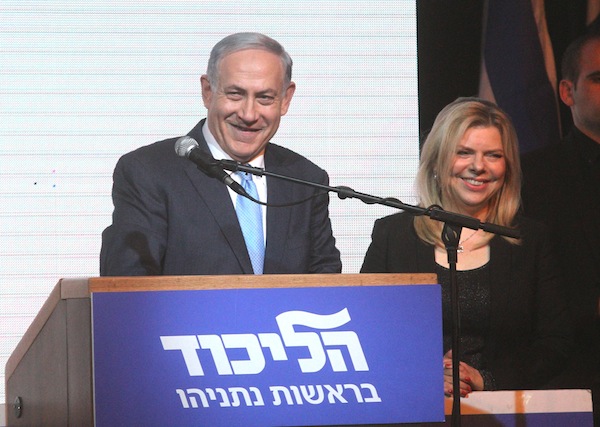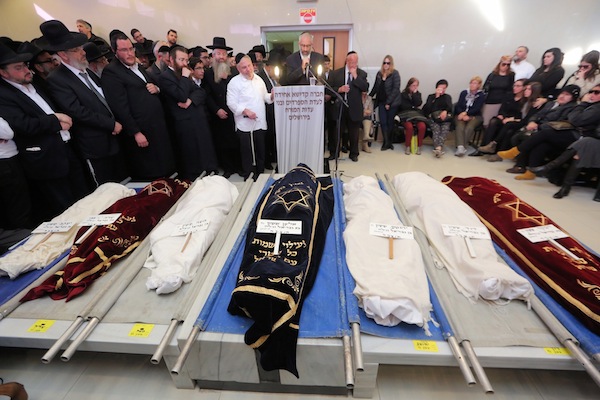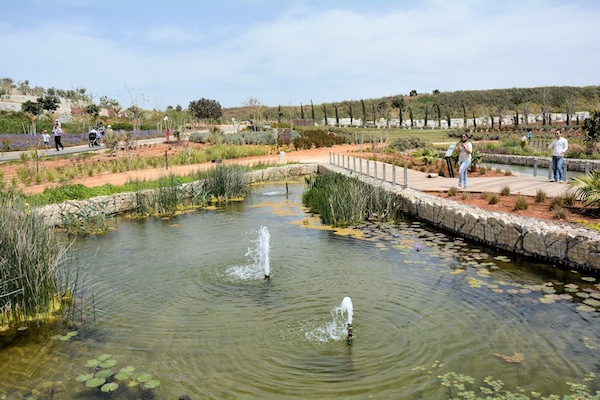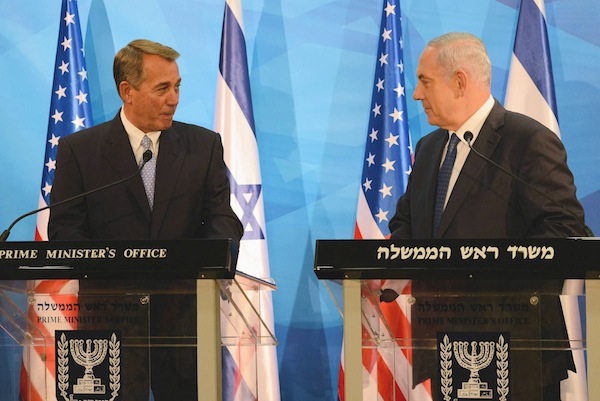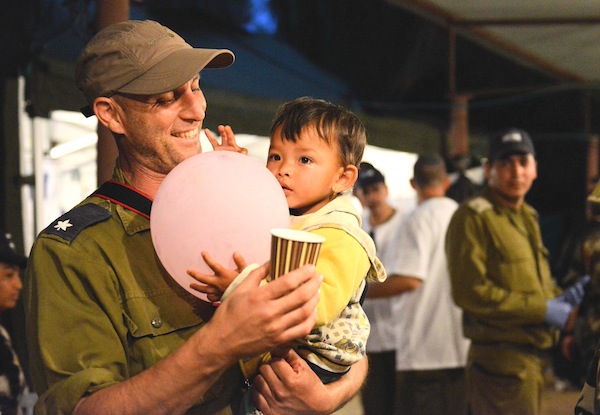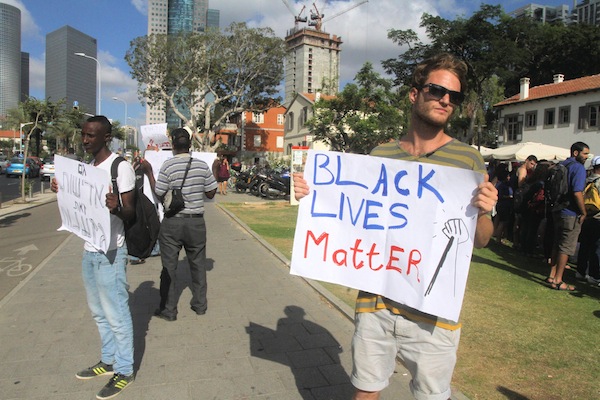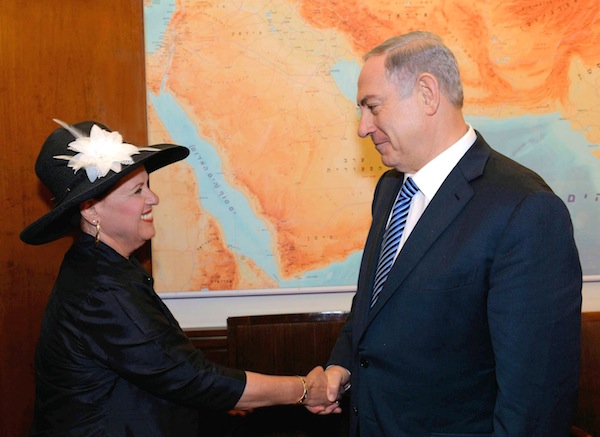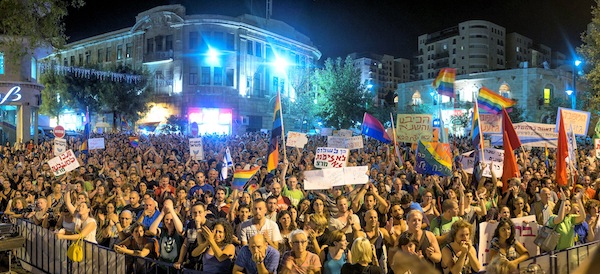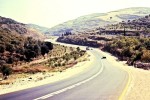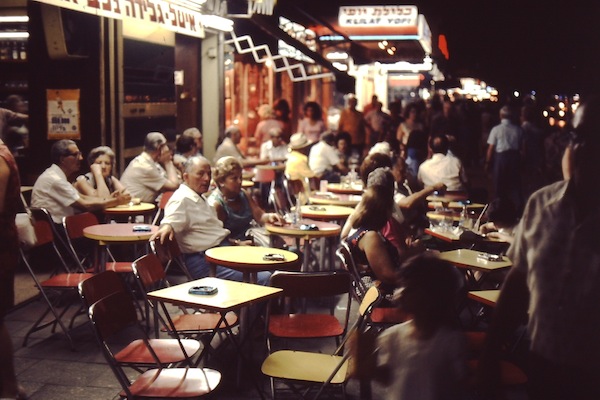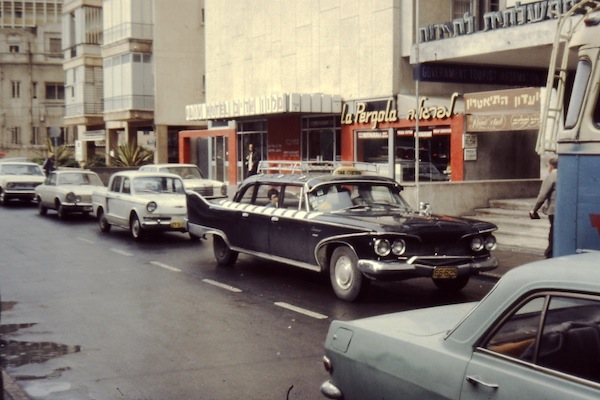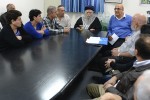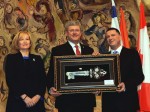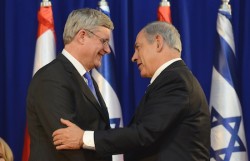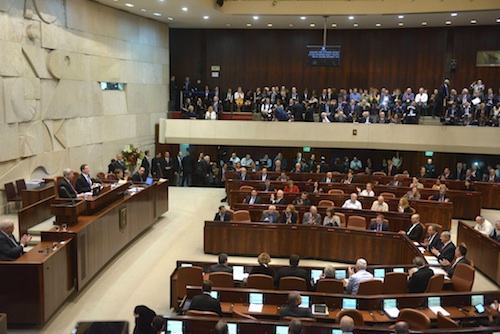Among the events that began the Jewish year of 5775 (2014/15), Israeli Prime Minister Binyamin Netanyahu traveled to the United States, where he addressed the United Nations to warn of the danger of a nuclear-armed Iran, and met with U.S. President Barak Obama at the White House.
Prior to that visit, in September 2014, Israel received from Germany another state-of–the-art submarine, the INS Tanin. In October, United Nations Secretary-General Ban Ki-Moon was taken by the Israel Defence Forces to see a Hamas-built tunnel on the Gaza border, used for the purpose of terrorism.
In November, there was an attack on the Jerusalem light rail in which one person died after a terrorist drove his light van into a crowd of people waiting at a train station, and also injured more than a dozen others. The same month saw two terrorists enter Kehilat Ya’acov Synagogue in Jerusalem and attack worshippers at morning prayers with knives, axes and guns, killing four people and injuring a further eight.
In December, Labor party leader Isaac Herzog and Hatnua party leader and former justice minister Tzipi Livni announced that the two parties would join, with Herzog becoming party leader. Another new face was that of Lt.-Gen. Gadi Eizenkot, who became the new chief of staff of the IDF in February.
The year was a reality check for some public figures, as their misconduct caught up with them. In February, former chief rabbi Yona Metzger, who had been subject to an investigation for accepting bribes, was indicted. In March, former prime minister Ehud Olmert was found guilty of fraud and sentenced to a prison term.
With respect to the environment and public space, the Tel Hiriya waste dump outside Tel Aviv was closed down and a development started for the foundation of a huge urban park in its place.
In March, Netanyahu won the general election, but was only able to form a majority government with a coalition. Later that month, seven siblings, aged 5 to 16, from Brooklyn were buried in Jerusalem after they died in a fire in their home.
During the year, several incidents brought into focus the complaint, particularly by Jews of Ethiopian descent, of discrimination by the police. In one, an Israeli Ethiopian IDF soldier, Damas Pakada, was attacked by a policeman, after which Pakada was invited to the Prime Minister’s Office to receive an apology.
In April, Israel was one of the first countries to respond to the earthquake in Nepal. Within a day or two, a field hospital was set up by the IDF in Katmandu.
In May, there was another attack on the light rail system in Jerusalem. This time, the terrorist was shot in the legs, then apprehended, by a security guard.
In July, the United States announced that it would release Jonathan Pollard in November. Pollard will have served 30 years in prison for spying for Israel. He will not be allowed to leave the United States for five years after his release.
In August, Yishai Shissel, who had recently been released from prison for stabbing participants in Jerusalem’s Pride parade 10 years earlier, once again attacked marchers in the annual parade. He stabbed six people at random, and a 16-year-old died of her injuries. Once again, Israel was faced with problems relating to discrimination and violence.
As the year closed, the government concluded a deal with the companies that will be responsible for mining the huge quantities of natural gas found off Israel’s coast.
